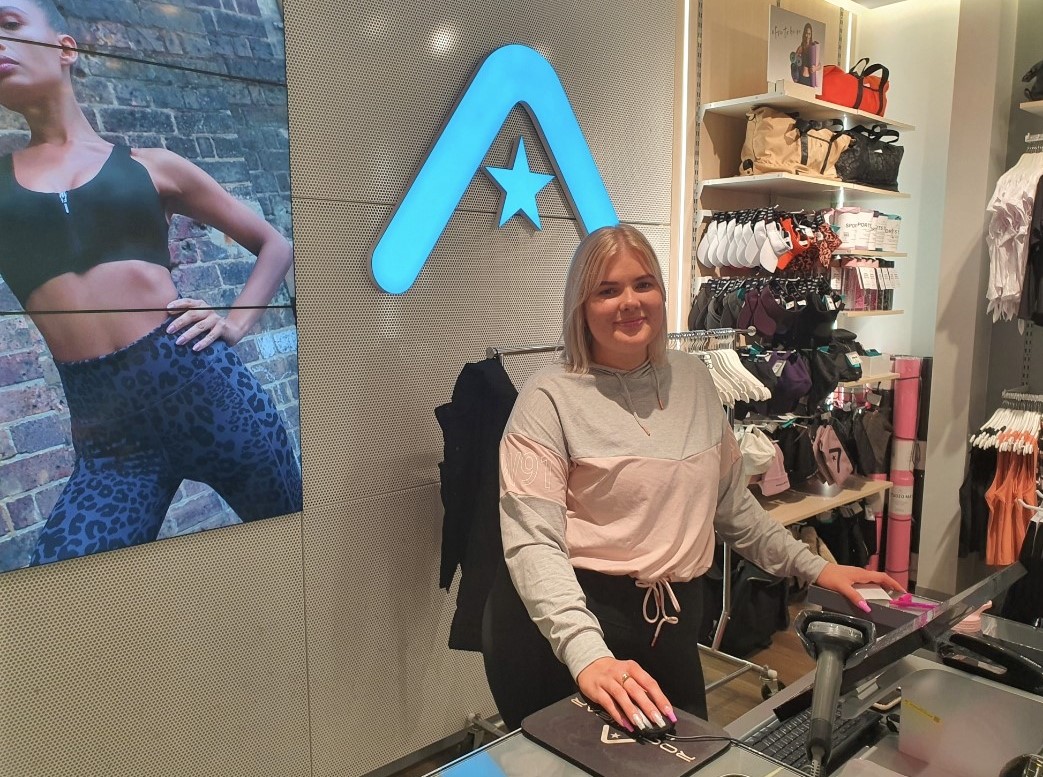Jasmine Hall is a 25-year-old manager of yoga and activewear store, Rockwear.
Situated in Rouse Hill in Sydney’s west, Jasmine has managed the store for over two years and considers 2020 to be the hardest year of her working career.
Like many people, she was grateful when JobKeeper came into place as it allowed her to close the doors during the pandemic and still get paid. This gave both her and the business a fighting chance in the face of lockdowns and COVID-19 restrictions.
But on Sunday (March 28), this crucial payment comes to an end; leaving Australian businesses and employees unsure of their next steps.
At its peak, JobKeeper was supporting over 3.6 million workers from over one million businesses across Australia. Numbers in 2021 have improved, however there are still 1.6 million people who rely on the crucial government payment.
This time last year, only essential businesses were allowed to stay open. This meant nationwide closures of everything from retail centres and gyms to schools and universities.

Hatch spoke with Jasmine about her experience with JobKeeper and how crucial the government payment was to her and her staff.
“We went on JobKeeper as soon as it launched back in March last year. From then, we were on it until September when they changed the eligibility [requirements]”, she said.
Student Abby Seaman, 21, is a casual worker in the tourism industry. She says her place of work was “extremely impacted” by the pandemic, resulting in her shifts being drastically cut. JobKeeper has kept her afloat for the past year.
“The company I work for lost over 70 per cent of its revenue,” she said.
So, to be able to continue working and receive JobKeeper has been a real lifeline.”
Abby also found it extremely difficult to balance studying full-time with finding a job that offered more hours per week.
“It is pretty overwhelming being rejected from so many jobs. With the last JobKeeper payment fast approaching, it has all taken a huge toll on my mental health.”

A 24-year-old telecommunications worker, who preferred to be unnamed, is struggling to comprehend the payment coming to an end. He’s been installing fibre optic cables for the NBN for the past seven years, but says many workers in his industry are still not back at work.
As with Abby, knowing the payment is about to end has taken its toll.
“You can only defer loan payments and bills for so long. Eventually they need to be paid. JobKeeper was definitely crucial for me.”
JobKeeper also meant that Jasmine Hall and her staff did not have to go into their savings or leave entitlements.
“While we were closed, [JobKeeper] meant I could rely on those payments instead of having to use my annual leave,” she said.
Other businesses in Rouse Hill are still reeling from the impact of COVID-19.
“[The] Katies [store] across from us is still on limited hours due to being on JobKeeper payments. Centre management is always giving tours of the shop space,” Jasmine said.
“Around the centre most bigger businesses are doing well [but] I know some cafes and smaller retailers who are still on JobKeeper and will definitely struggle once it ends.”
— Story and photos, Mansour Shukoor


